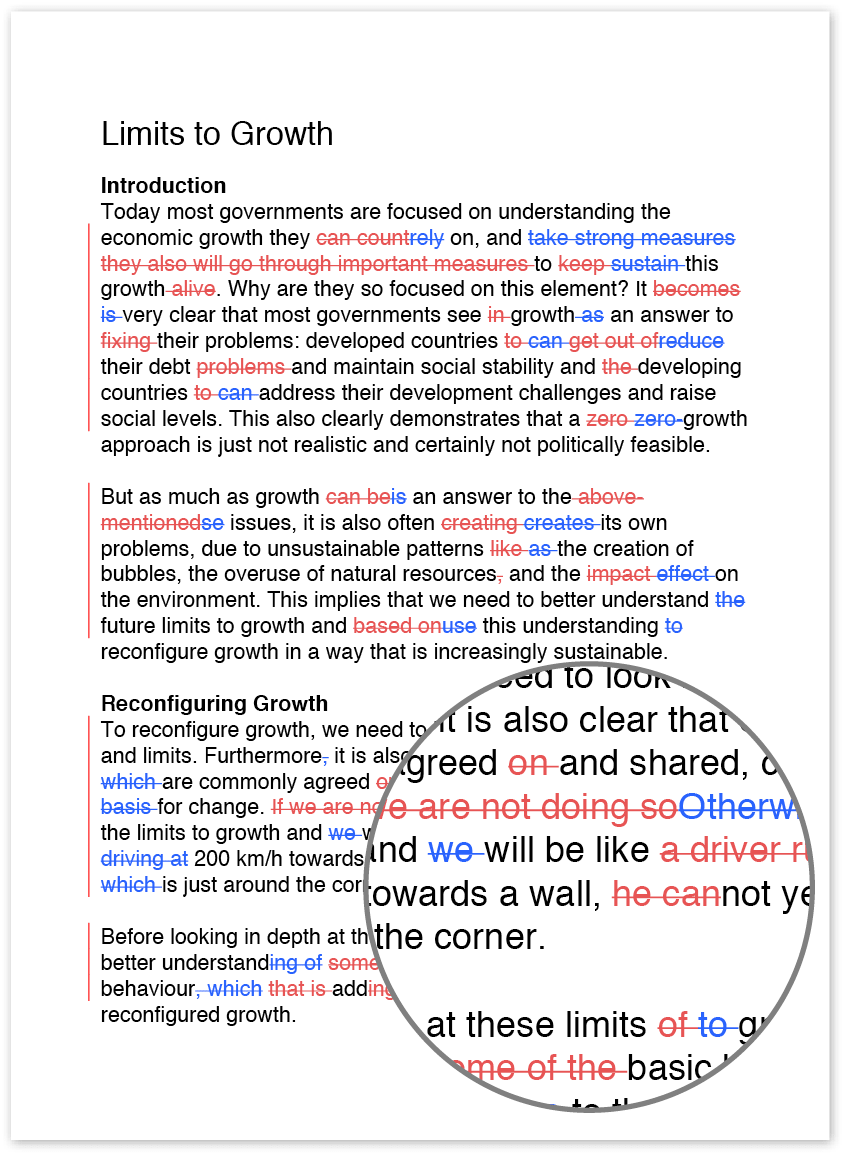Who or whom?
Many people wonder about the correct use of the word ‘who’ as opposed to ‘whom’. This can be tricky even for native English speakers. Keep reading to learn when to use ‘who’ and when to use ‘whom’.
‘Who’ and ‘whom’ are both pronouns, but they have different uses. ‘Who’ refers to the subject of the sentence, while ‘whom’ refers to the object of a verb or preposition.
- That’s the girl who gave me her number. (In this sentence, ‘girl’ is the subject of the sentence, so we use ‘who’.)
- I saw the boy who used to be friends with my brother. (Like the previous sentence, ‘boy’ is the subject of the sentence, so the correct word to use is ‘who’.)
- Who gave you that book? (Here, the subject of the sentence is ‘who’ since the speaker wants to know where the book came from.)
- Whom did you talk to about that issue? (In this sentence, the subject of the sentence, i.e. the person performing the action, is ‘you’; thus, we use ‘whom’ since that person is the object of the verb ‘talk’).
- I’m not sure whom you are talking about. (Here, the speaker is asking which person the listener is referring to, which makes the unidentified person the object of the verb ‘talking’. Since that’s the case, we use ‘whom’.)
If you’re not sure whether to use ‘who’ or ‘whom’, try this trick. Replace the pronoun with ‘he/she’ or ‘him/her’. If you use ‘he/she’ and the sentence makes sense, use ‘who’. If you use ‘him/her’ and it makes sense, use ‘whom’.

